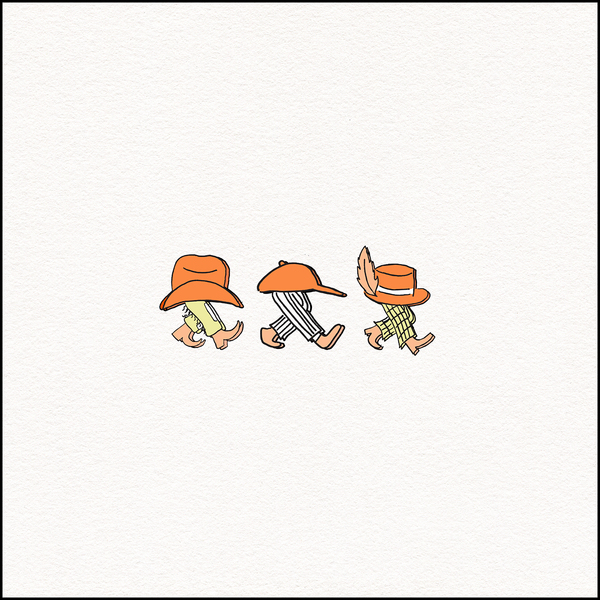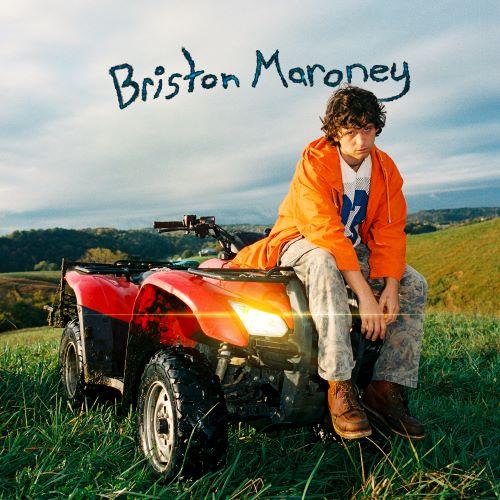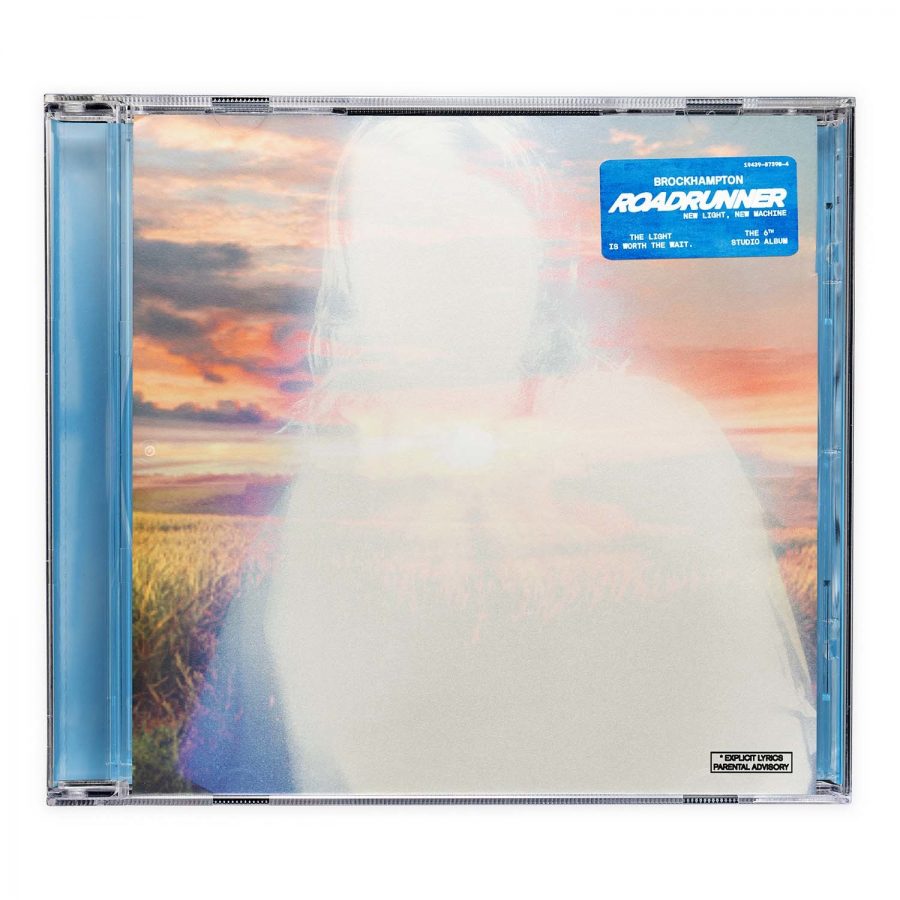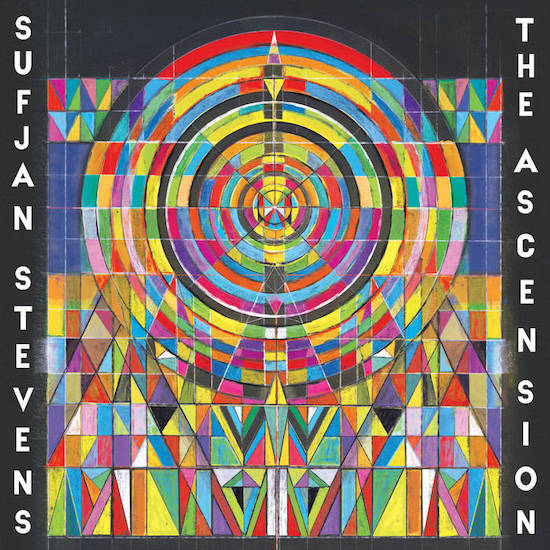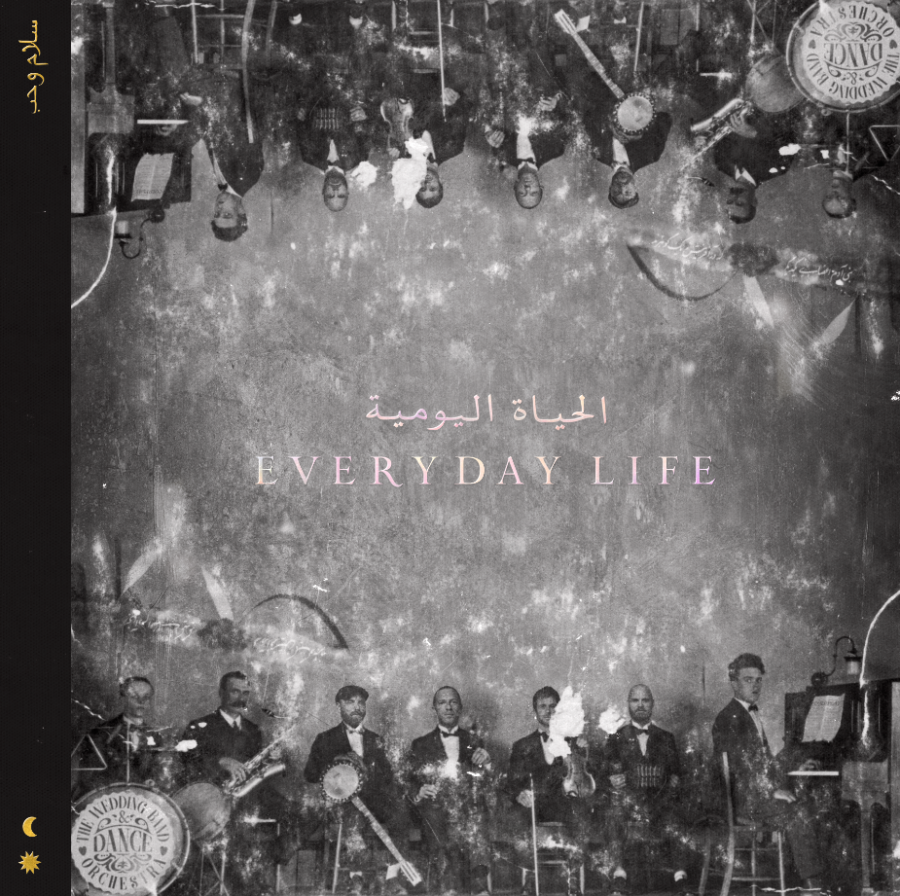To call Beck a folk musician, you would have to make a point of clarifying what you mean. Someone more familiar with his fragmented collage pop-art — albums like “Odelay” come to mind — might rightly object and say that “folk” is too restrictive a category for someone like Beck.
“Folk” tends to connote acoustic instruments, emotional balladry and a simple confessional attitude toward songwriting. Beck’s latest album, “Morning Phase,” certainly fits that definition, but there is a larger and more important meaning to consider as well.
Folk music is at least supposed to be the music of common people, the result of numerous unknown individuals doing what they can with what they have to express themselves in sound. At the moment, samplers and drum machines, laptops and sequencers might be more vital instruments of the people than acoustic guitars, even if the rustic simplicity of the latter is by no means losing its appeal.
So to call “Morning Phase” a folk music album is to say that it’s something more complicated than just a record where the artist strums a guitar and sings about his feelings. From the opening notes, its first song, “Cycle,” creates an airy feeling. Strings are used throughout the album, which produces an opulence that, combined with the measured pacing (no songs are over 60 beats per minute, about half as fast as a standard pop song), evokes a dreamlike parade. The sheer richness of each individual sound is impressive. Even Beck’s voice, which is often more functional than beautiful, echoes and resounds in just the right way.
The deliberate pacing of the songs is broken up by livelier numbers on a few occasions. “Heart Is a Drum” is a prime example of this. The song, which, though melancholic, projects a certain amount of optimism, accompanies its lighter lyrics with a more upbeat tempo.
On the other hand, songs like “Unforgiven” almost seem to crawl through time, with slow drum beats supporting piano chords and vocal tracks that wash all over the song. It’s heavily layered but not impenetrable, and though Beck’s lyrics sometimes get lost in the mix, the album prefers to ponder moments rather than words. When the lyrics are readily audible, they are rarely sorrowful, more often venturing into more blissful melancholia. Loss is an important component of the emotional landscape of the album, but not its only subject.
As is often the case, the primary virtue of an album is also its potential undoing. There are, as noted, songs that break up the almost ponderously contemplative pace of the record, and they are spaced intelligently. Even so, the syrupy sweet charm of the album begins to wear out its welcome as one slow, plaintive song follows another. Because the immaculate production accentuates the instrumentation but leaves few rough edges, songs can seem to get lost or run in circles.
Particularly near the album’s close, the tracks begin to wane, lacking the sheer majesty of earlier songs like “Wave.” Whether from cumulative exhaustion or the fact that the album is somewhat front loaded with its best songs, I was not left wanting more at the end. The album’s 47 minutes feel much longer than what they actually are.
Unlike the last acoustic singer-songwriter album I reviewed, Moonface’s “Julia With Blue Jeans On,” the arrangements are not compelling or stark enough to stand up for as long as they have to. In no way does this tarnish all the happy moments I had with this album, the gorgeous production or the excellent craft exhibited by an artist who is working at a high level. Far from Beck’s best work — I prefer his rummage-bin funk anyway — it nevertheless brightens up a dark February with some beautiful music.







